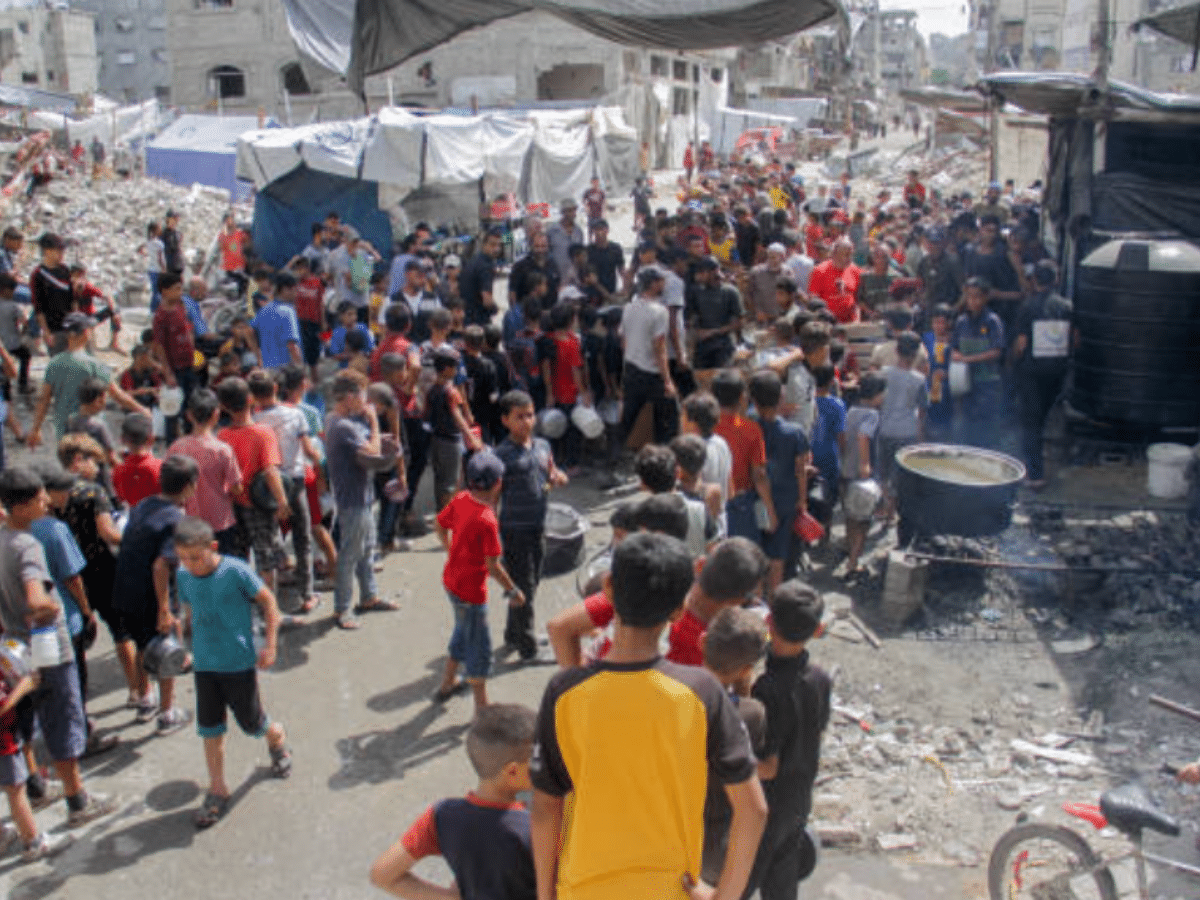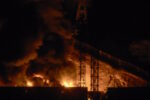The UN Special Rapporteur on the right to water, Pedro Arrojo-Agudo, has warned that the forced displacement of Palestinians from Gaza City constitutes “a new step in Israel’s war of extermination” that has been ongoing for 23 months.
He pointed out that Israel has deprived 1.7 million Palestinians of clean drinking water amid an unprecedented humanitarian crisis.
Israel using water as a weapon of extermination
Arrojo-Agudo emphasised that the internationally recommended minimum consumption per person is 15 litres of water per day. Meanwhile citizens in Gaza have access to only 5 litres. This is one-third of the amount necessary for survival.
He added that Israel’s repeated targeting of water stations and destruction of infrastructure exacerbates the disaster.
He considered that “the use of drinking water as a weapon of war is a crime against humanity”. In particular, he warned that the continuation of this situation puts the legitimacy of international institutions at stake. This is particularly the case in light of the occupation’s continued impunity.
Arrojo-Agudo stressed that “silence on the crime of genocide in Gaza is a form of complicity”. Ultimately, he called for an immediate ceasefire, an end to Israel’s illegal occupation, and an embargo on arms exports to Israel.
Starving Gaza’s children
In a related context, the United Nations Office for the Coordination of Humanitarian Affairs (OCHA) revealed the worsening malnutrition crisis among children in the Strip. The rate has risen from 8.3% in July to 13.5% in August.
OCHA’s update stated that there are “roughly 28,000 cases of acute malnutrition” among children under five. It detailed how this exceeded the:
combined total of malnutrition cases identified in the first six months of 2025 (about 23,000 cases).
The report noted that Gaza City has the highest rates, with nearly one in five children (19%) suffering from malnutrition. At the same time, the severest forms of malnutrition are affecting more than 23% of cases. This was up from 15% between January and June 2025. Crucially, this level of severe acute malnourishment directly threaten their lives.
Recent UN reports paint a grim picture of the situation in Gaza: water scarcity, widespread malnutrition, and continued bombing and displacement. According to UN experts, these cumulative crises confirm that civilians are paying the highest price in a war described as the most dangerous humanitarian crisis in recent decades.
It is all amid the international community’s inability to impose a ceasefire or hold those responsible for violations accountable.
Featured image via the Canary













